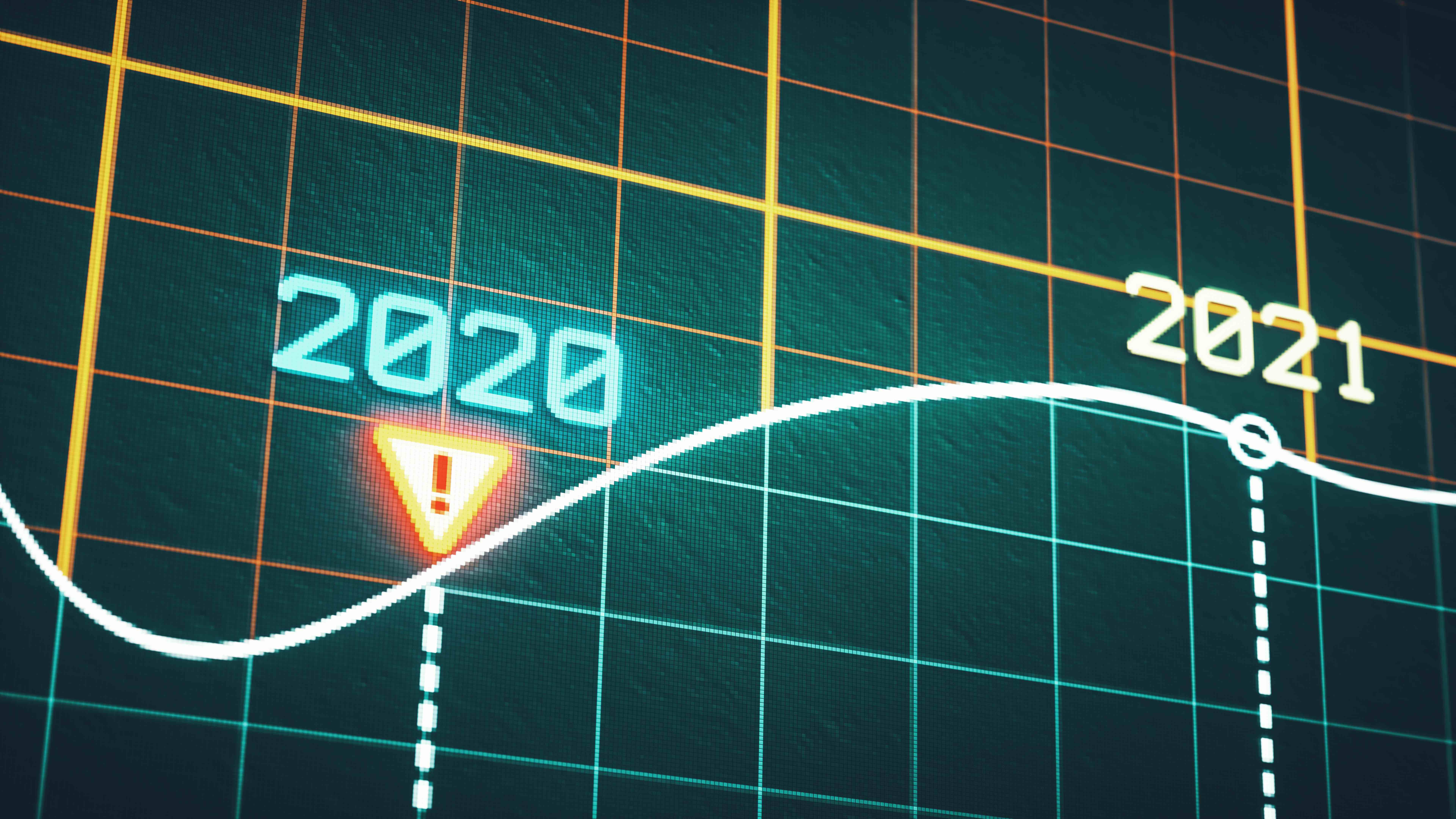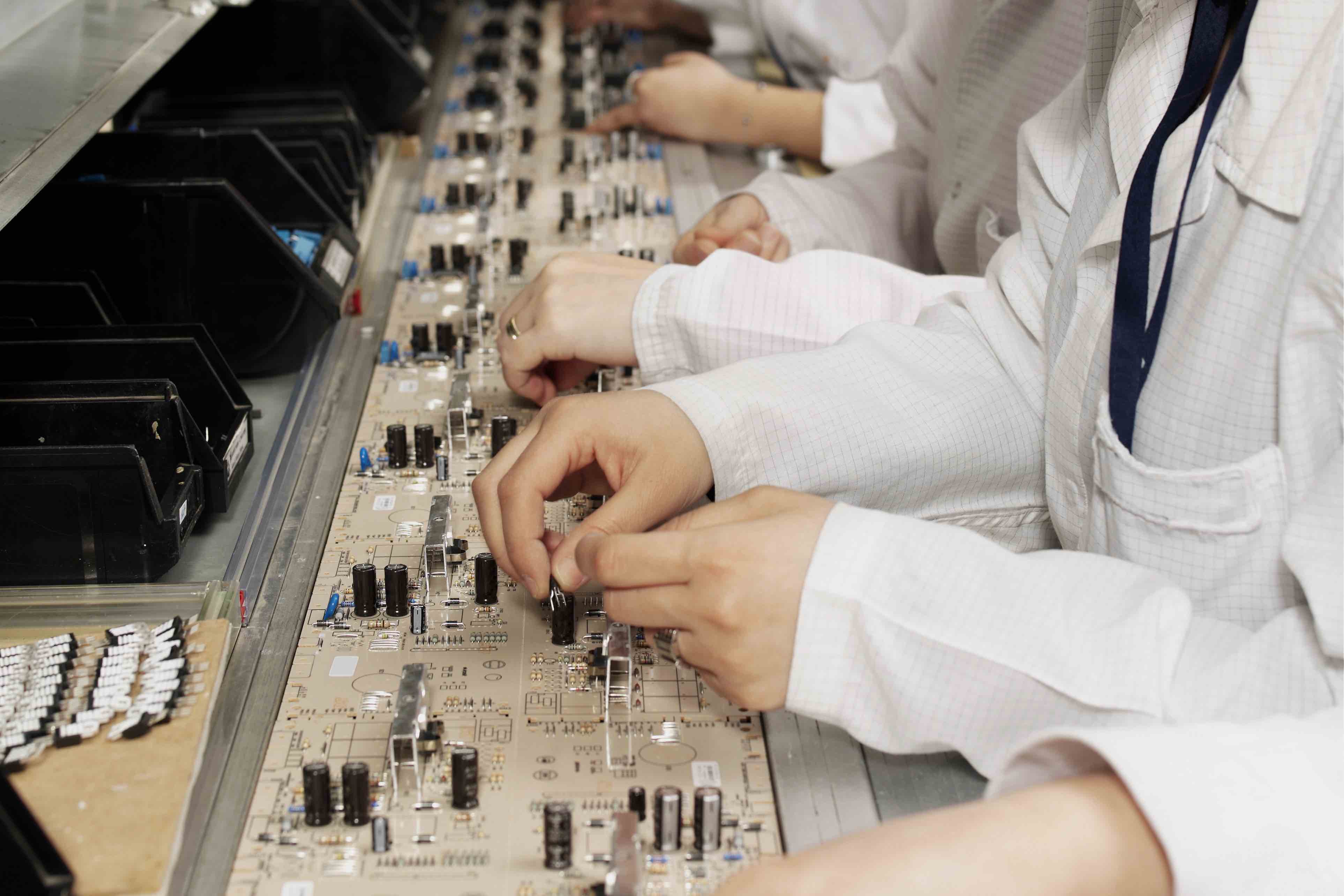
 All Eyes on 2021
All Eyes on 2021In 2020, economic forecasts were turned upside down after conflict, social unrest, and a pandemic significantly rocked trade and global markets.
Just one year ago, the escalating trade war was souring China-U.S. relations and experts were expecting a 2020 trade reduction with China. Instead, demand for Chinese goods has increased, likely due to online purchasing trends during pandemic lockdowns. Indeed, there has been a massive Chinese manufacturing boom of furniture and appliances.
Chinese exports climbed to a record 46.1 percent, shocking many U.S. politicians that anticipated that the pandemic would reduce trade with China and bring factories back to the U.S. China reported a trade surplus of $75.43 billion in November, with a 21.1 percent surge in exports compared to November of the previous year.
Looking ahead to 2021, a Bloomberg study has placed China at 17 in a ranking of emerging market economic performance. Chinese officials are setting their 2021 economic growth goals and plan to consolidate their economic expansion during the pandemic, and Goldman Sachs is forecasting that 2021 will be a "once in a generation opportunity" for investing in China.
With 2021 expected to bring change in the U.S.-China relationship, read "Rebuilding China-U.S. Relations an Imperative Priority" by researcher Tao Wenzhao, on China-US Focus.
 Chips Chopped
Chips ChoppedOver the last 24 hours, the U.S. Commerce Department blacklisted 60 Chinese companies "to protect U.S. national security." Among the banned, Semiconductor Manufacturing International Corp.—China's top chipmaker— is now restricted from utilizing American tech. This news comes on the tail of U.S.-China fights over Huawei, I.P. and national security.
Also in the news this week is China's big tech firm, Alibaba, which reportedly showed clients how to utilize facial recognition to identify Uyghurs and other ethnic minorities in images and videos. Similar technology has been banned in the U.S. for inaccuracy and bias.
Alibaba and a Tencent-backed company have also been fined 500,000 yuan by the Chinese government for not making proper declarations to authorities about past acquisitions and deals.The fines are seen by some as part of an effort to punish and regulate technology firms, which have seen explosive growth in recent years.
 Mass Vaccinations
Mass VaccinationsIt's been nearly a year since COVID first began its tear and vaccines are already being distributed in some countries, as other countries race to perfect their own. While U.S. healthcare workers have started to get vaccinated, China is trying to get its vaccines certified abroad.
In-country, China is working on a robust effort to inoculate its people, with a plan to vaccinate 50 million by the Chinese New Year. High-risk individuals will be the first to get the vaccine, however in one county, vaccines will be offered to the general public for around $65.
Despite the progress, infection numbers in the U.S. are staggeringly high. China has had recent small clusters, with Chinese public health officials claiming that these cases are due to people coming into contact with imported food and packages.
Read "China's Vaccines: Blessing or Bane?" by Zhou Xiaoming, Former Deputy Permanent Representative of China's Mission to the UN Office in Geneva, on China-US Focus.
Prepared by China-US Focus editorial teams in Hong Kong and New York, this weekly newsletter offers you snap shots of latest trends and developments emerging from China every week, while adding a dose of historical perspective.
- 2020-12-12 Midwest to Middle Kingdom?
- 2020-12-04 Shifting Winds
- 2020-11-21 Multilateralism on the Move
- 2020-11-14 Staying Tough
- 2020-11-07 Battleground Ballots
- 2020-10-30 Knock Knock
- 2020-10-24 Looking Back and Moving Forward
- 2020-10-16 COVID Cluster
- 2020-10-10 Election Looming
- 2020-10-03 Golden Week Kicks Off
- 2020-09-26 Virtual Diplomacy
- 2020-09-18 Digital Domain
- 2020-09-12 Reframing the Ground Rules
- 2020-09-05 Reciprocity in Action
- 2020-08-29 Who’s Tougher on China?
- 2020-08-22 To Talk, Or Not To Talk
- 2020-08-15 Domestic Circulation
- 2020-08-07 Fraying Relations
- 2020-08-01 Turning Tides
- 2020-07-24 Up in Smoke